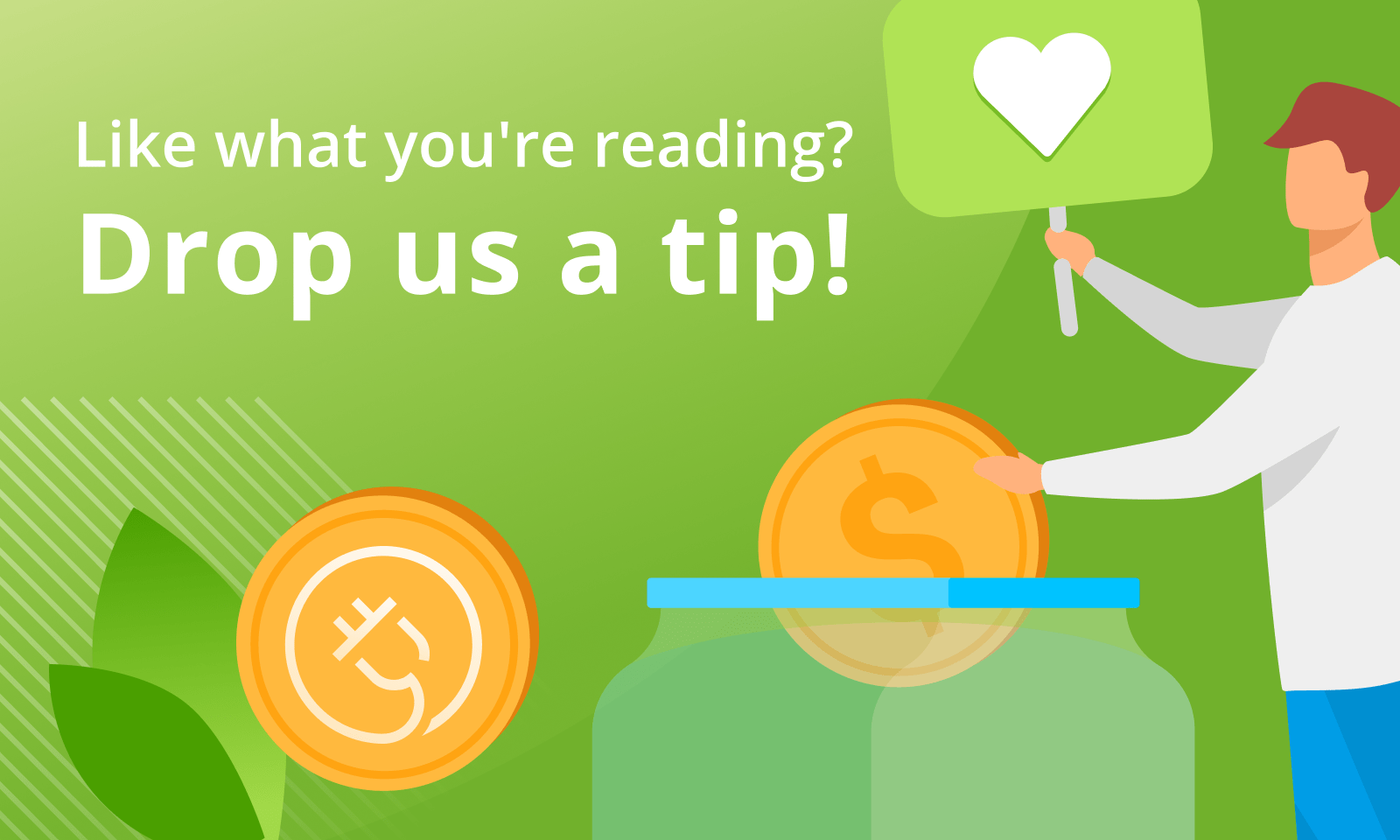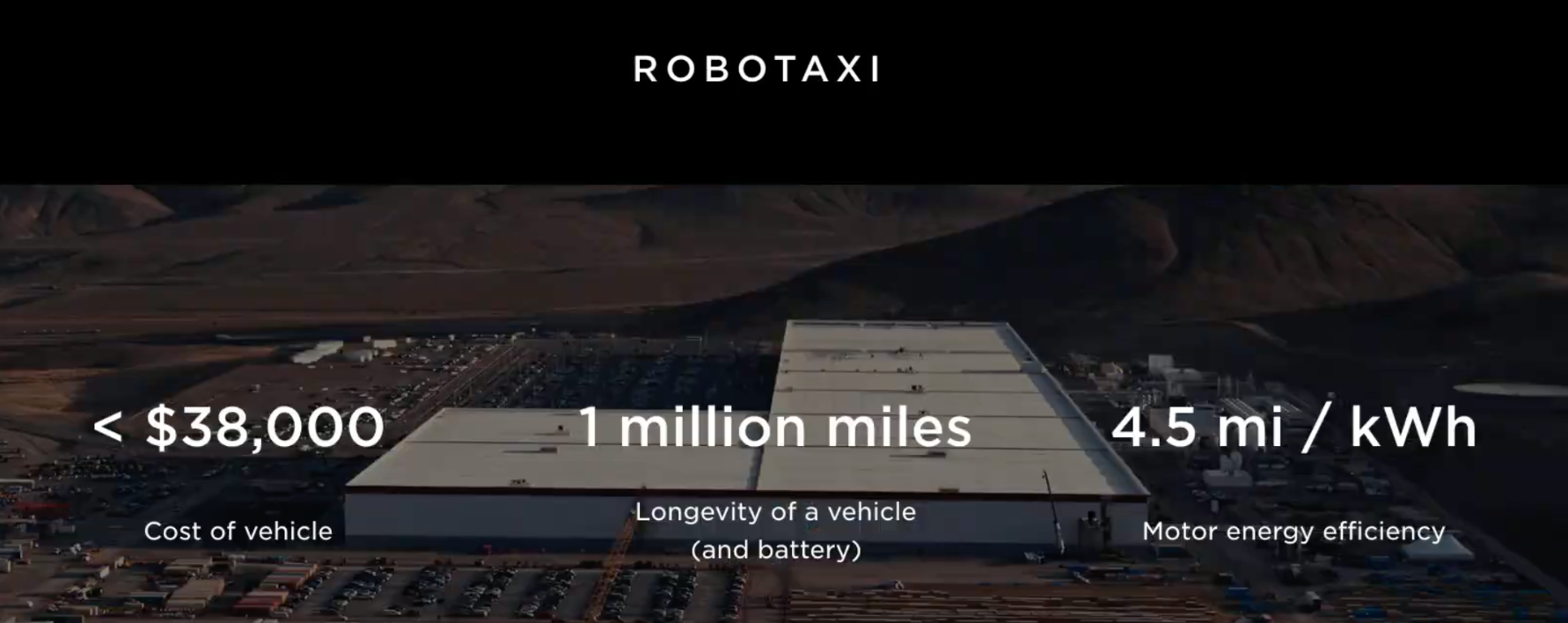Sign up for daily news updates from CleanTechnica on email. Or follow us on Google News!
When former President Donald J. Trump was elected, he took aim at every policy linked to the phrase “climate change” and repealed it. President Joe Biden reinstated the standard, which went into effect at most agencies. As columnist Bret Stephens asks this week in the New York Times, “Can we be disunited when it comes to strengthening our national infrastructure in the face of devastating storms and climate change?” No one knows this tension between political winds and climate science better than the meteorological community.
Meteorologists have a wealth of resources at their fingertips if asked to quantify the risk of a particular event, or to understand the impacts of climate variability and change on a meteorological phenomenon. Yet meteorologists’ role of delivering lifesaving weather forecasts and explaining climate science sometimes makes them targets for harassment, and intimidation and danger have only escalated during the double-whammy of Hurricanes Helene and Milton.
A whole bunch of conspiracy theories and disinformation has bombarded social media as a result of the two hurricanes, exacerbating what was already a disturbing trend. “We’re all talking about how much more it’s ramped up,” Marshall Shepherd, who is the director of the University of Georgia’s Atmospheric Sciences Program and a former president of the American Meteorological Society, stated. There has been “a palpable difference in tone and aggression toward people in my field,” he explained.
Meteorologists and the Need to Demystify Disinformation
Broadcast meteorologists are highly skilled professionals who work at the intersection between climate scientists and the public. They have a public position in which they can and do educate their viewers about the local impacts of global climate change. When today’s meteorological community shares the same viewpoints and outlooks as most climate scientists about anthropogenic climate change, they are zeroing in on difficult political terrain.
For example, with hurricanes looming in the background, meteorologists this year have found themselves having to contradict the myth that the government is creating or manipulating storms by politicians like Marjorie Taylor Greene. This type of climate mastery is known as geoengineering, this practice refers to large scale interventions in the Earth’s oceans, soils, and atmosphere. The goal is to reduce the effects of climate change.
Shepherd said that such false claims about outside forces controlling the weather have always existed, recalling how similar assertions emerged during Hurricane Sandy in 2012. “The difference is that they were always out there in ‘fringe-world,’ but now I’ve seen them become almost mainstream,” he said.
A huge change in the way that we share and process information as a society have facilitated a fundamental shift in how people receive information, including weather forecasts, according to a September 2024 article in the Bulletin of the American Meteorological Association (AMS). Since the mass introduction of television, weather information was usually vetted through broadcast meteorologists to members of the viewing public in a relatively top-down system.
Social media has changed that dynamic, since citizens have an increasingly diverse set of sources from which to get weather forecasts. Social media messages about climate and weather are now also created from the bottom-up, so that non-experts with enormous online followings interpret through their senses rather than scientific evidence, via physical sensation and subsequent brain interpretation over peer-reviewed research.
A shift toward a more diverse and decentralized information landscape absolutely changes the quality and reliability of the weather information that is communicated. While it is not always contrary to scientific consensus, the information presented by such actors impacts the quality, reliability, and accessibility of the weather information.
The AMS article argues the knowledge landscape has changed because individuals who are not formally trained experts are now able to produce and share weather information.
“Reputable, known agencies and forecasters need to be present in the spaces where people are looking for information. If there are no known weather sources present on new technology or on a new social media platform, people may default to those that are present, regardless of reputability… It is crucial to be vigilant and develop strategies to counter the spread of low-quality (or pernicious) weather information.”
Why do people fall for climate conspiracy theory nonsense? Psychologists explain that people have a fundamental need to feel safe and secure in their environment. If climate change is real, it poses an existential threat, leading some to reject it in favor of conspiracy theories that preserve their sense of safety. Additionally, individuals desire a sense of control and agency over their environment. When faced with the uncontrollable nature of climate change, people often embrace outlandish explanations to regain that sense of control.
It has been long understood that people are surprisingly limited in how much information they can process effectively. Too much information—especially complex information—tends to have the paradoxical effect of undermining the effectiveness of communication and learning. People have two modes of thinking: either intuitive processing that draws on firsthand personal experiences and media representations of the world, or slow and methodical, based on analysis and reasoning.
Yet a science-based understanding of climate change and potential mitigation and adaptation options can provide not only decision makers but everyday citizens with important guidance about how best to respond to the many challenges inherent in climate change. A 2023 article from the Annual Review of Earth and Planetary Sciences offers some suggestions how to break through the murky waters of climate message discontent.
Meteorologists work to break down complex jargon into easy-to-digest terms — developing simple, clear messages is the first step in helping people process appropriately. Most people don’t understand even basic climate-related terms frequently used by climate experts such as carbon neutral, mitigation, or adaptation. Effective meteorological communication responds to and builds on what people already know, feel, and value. Enhancing people’s comprehension, interest, and engagement in the topic must be relatable within their particular social identifications, about which local meteorologists are already keenly aware.
In a contested communication environment such as climate change, message repetition has an additional benefit, continue the Annual Review authors. Repetition of key facts—for example, “more than 97% of climate scientists are convinced, based on evidence, of the reality of human-caused climate change”—reminds people of those key facts, keeping the facts more salient in their minds. The increased salience of the facts, in turn, helps inoculate people against (i.e., make them less susceptible to) misinformation that conflicts with the facts.
Yes, the extent of the misinformation, which has been stoked by Donald Trump and his followers, has stymied the ability to help hurricane-hit communities, and it has impacted meteorologists who are trying to do their jobs in an ethical way. But each time we support meteorologists and climate advocates who attempt to illuminate others about the climate crisis, we are helping to move toward important decarbonization practices as a social norm.


 Chip in a few dollars a month to help support independent cleantech coverage that helps to accelerate the cleantech revolution!
Chip in a few dollars a month to help support independent cleantech coverage that helps to accelerate the cleantech revolution!
Have a tip for CleanTechnica? Want to advertise? Want to suggest a guest for our CleanTech Talk podcast? Contact us here.
CleanTechnica uses affiliate links. See our policy here.
CleanTechnica’s Comment Policy



